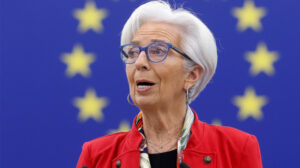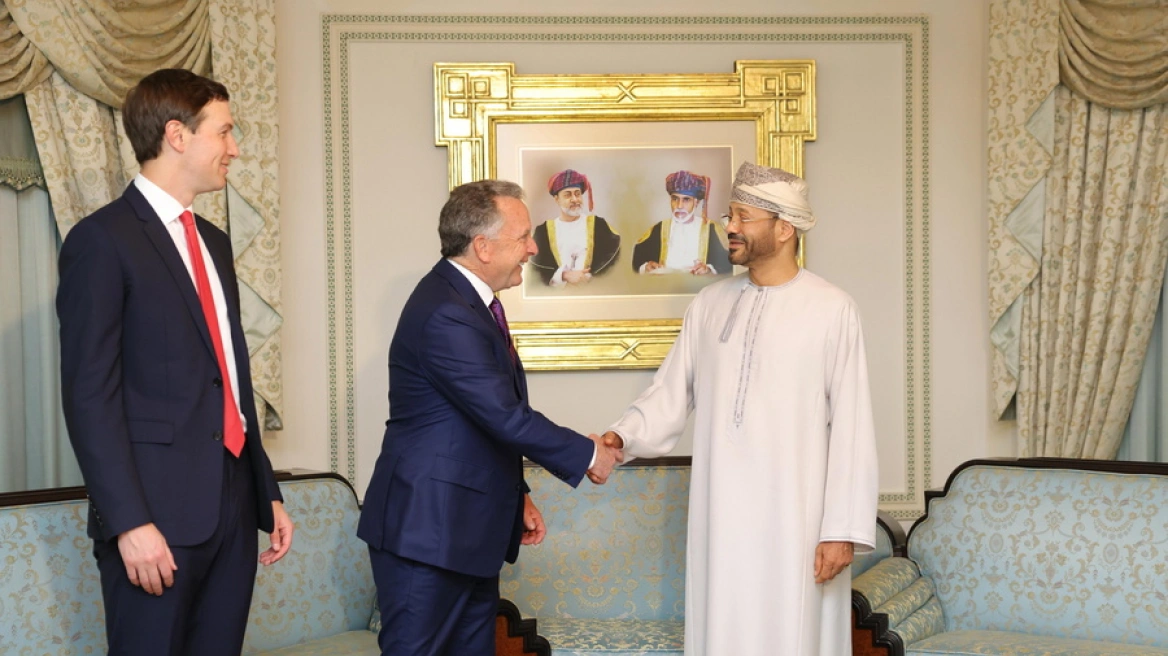Speaking before the European Parliament’s Economic and Monetary Affairs Committee (ECON), the chairwoman of the ECB stressed that the world is changing fast and Europe is lagging. According to her, the competitiveness gap of the European economy against the US and China cannot be closed except by further integration of the eurozone to address its structural challenges.
With the three largest Eurozone economies, namely Germany, France, and Italy, facing either recession, excessive deficits or even a combination of these issues and with the European Commission sounding the alarm on 8 EU member states, President Lagarde again called on the Eurozone to push ahead with the capital markets union as a matter of urgency, stressing however that, although it is a necessary process, it should by no means be seen as a panacea for the ‘cure’ of the ailing European economy.
“Significant efforts are needed to strengthen Europe’s economic resilience and decarbonize our economy. This will require substantial investment in the coming years, which must come from both private and public sources,” President Lagarde underlined, also stressing that progress in these areas will not only strengthen Europe’s ability to withstand future economic shocks but will also help the ECB to maintain price stability.
Speaking for the first time to the European Parliament (EP) Economic and Monetary Affairs Committee after the European Elections and before the next European Commission has even passed through the EP’s cage, Christine Lagarde argued that although inflation in the Eurozone fell to 2.2% in August 2024 and is expected to fall further in September, mainly due to falling energy costs, there could be a further increase in the fourth quarter of this year.
Regarding the possibility of a further cut in the ECB’s key interest rates, President Lagarde stressed that the central bank’s governing council has not pre-decided anything and is waiting to reassess the data.
According to her, the capital markets union needs immediate steps. First, we need to improve the way we save in Europe; in 2022, European household savings exceeded €1.1 trillion. However, around a third of these savings are held in deposits in banks, far more than in the United States of America.
According to the ECB president, mobilizing even a small part of these funds and investing them in European capital markets could make a significant contribution to the €700 billion a year needed to achieve the EU’s key strategic objectives.
This is also likely to deliver better long-term returns for our citizens while improving European companies’ access to finance through equity capital raising. Second, the euro area needs a single regulatory and supervisory framework to promote the integration of the single market and third, further integration of financial institutions is needed to make EU capital markets more attractive to investors.
Ask me anything
Explore related questions





